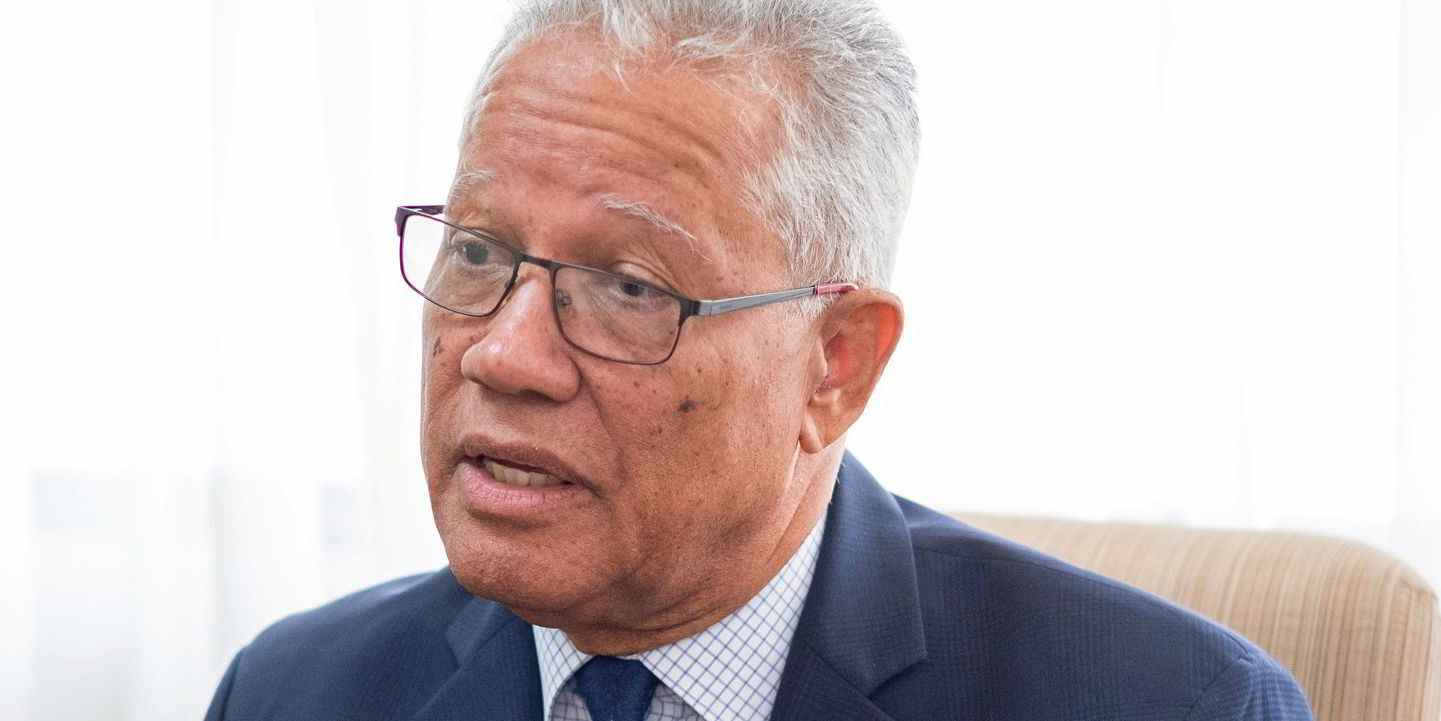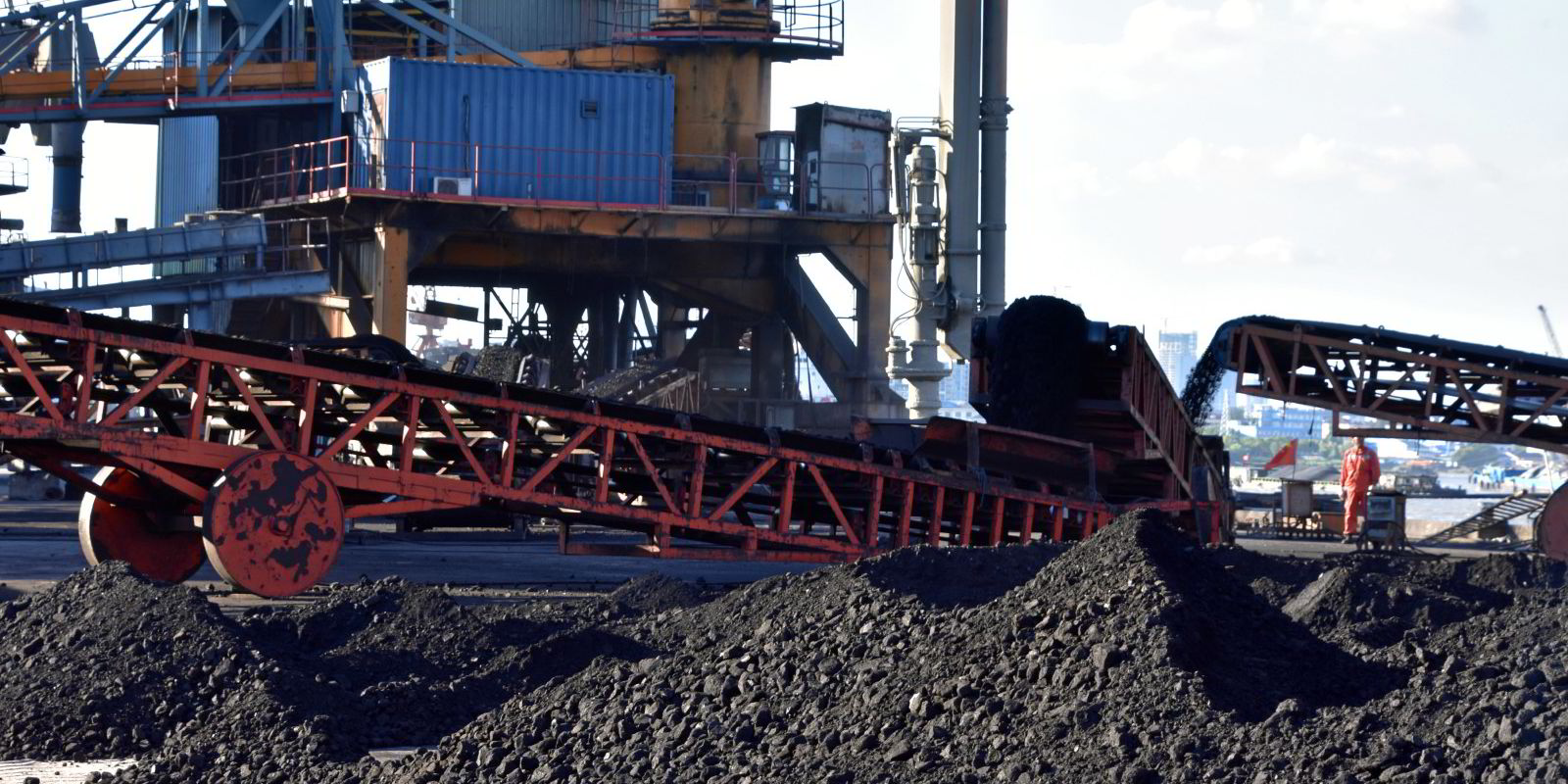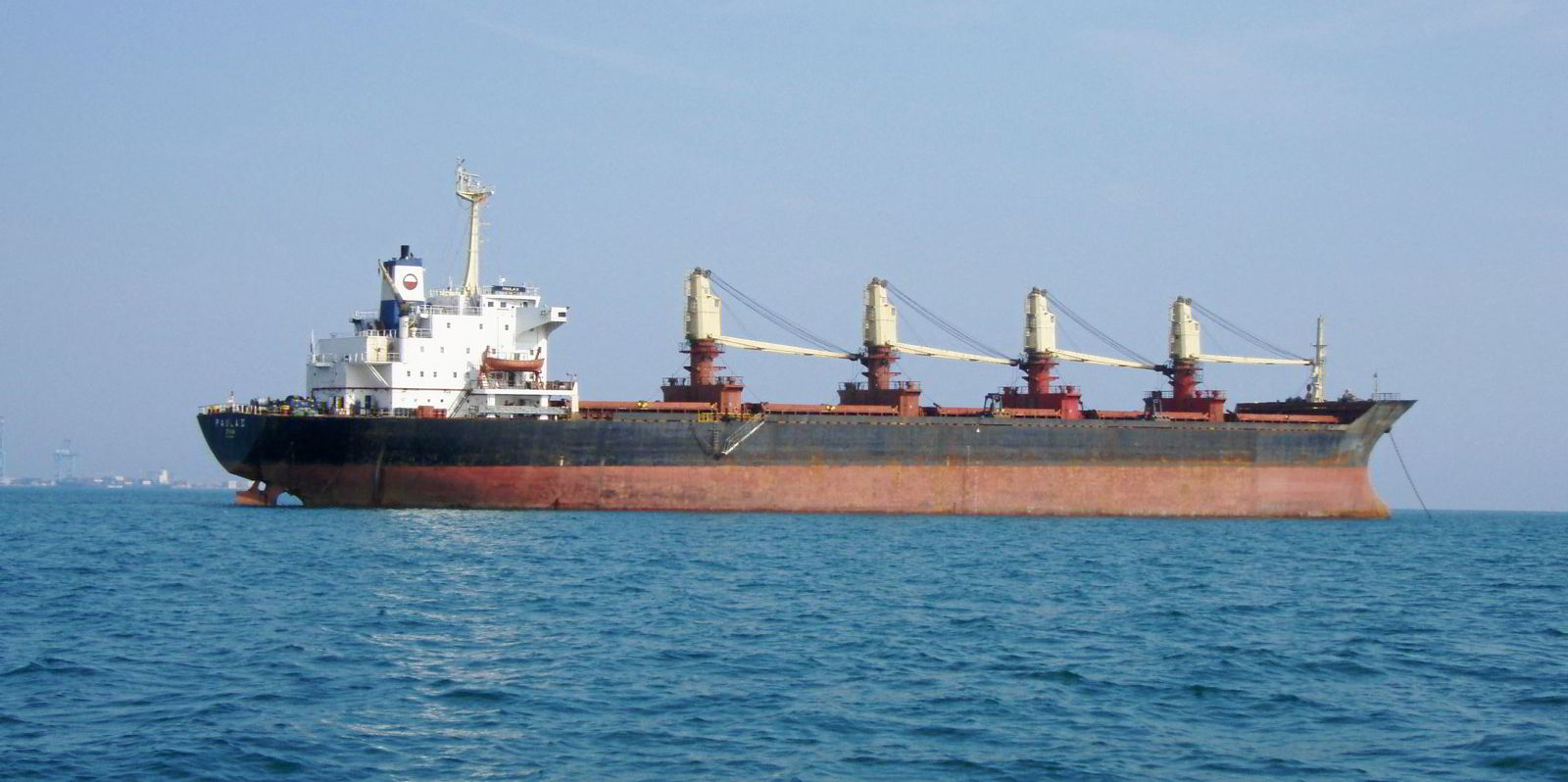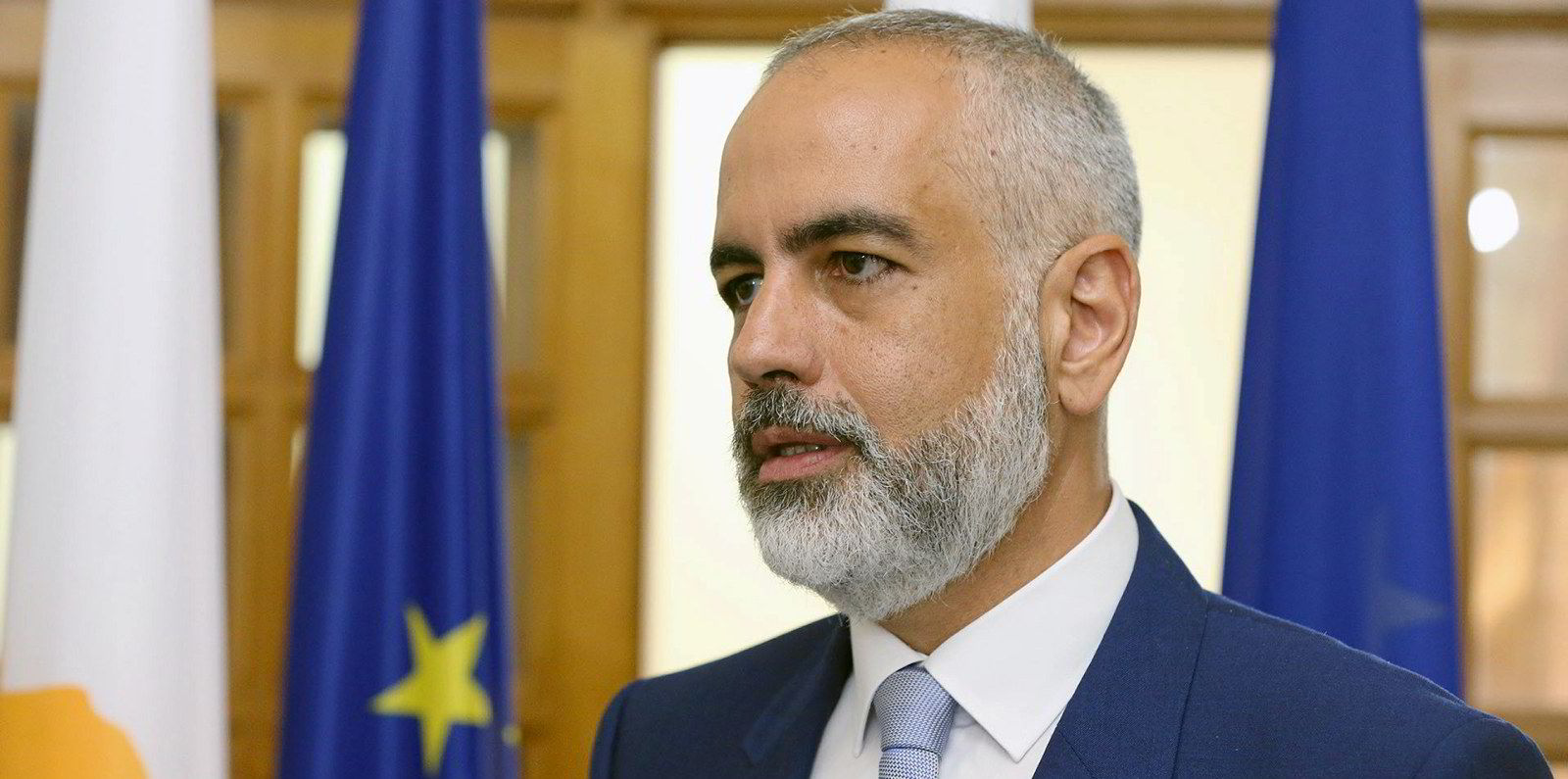Governments, banks and businesses need to recognise the role of seafarers in maintaining world trade amid the pandemic, or shipping could face a labour shortage, Jamaica's head of maritime warns.
Rear Admiral Peter Brady, director general of the Maritime Authority of Jamaica, believes some of the estimated 400,000 merchant seafarers caught up in the Covid-19 pandemic are likely to consider careers ashore rather than sign up to return to sea.
Even the Neptune Declaration on Seafarer Wellbeing and Crew Change, which was signed by 314 shipping companies and organisations last month to help facilitate crew changes, failed to get the message beyond the industry that seafarers need recognition as key workers, he said.
Essential cog
Brady is now calling for that dialogue to be extended to Wall Street and for coronavirus vaccines to be fast-tracked to seafarers.
Referring to organisations that appear reluctant to recognise the role of seafarers, he said: "Trade continues, virtually uninterrupted. We need to point out to them what happens if the trade suffers from a lack of ships being able to operate.
"[Seafarers] see that they are an essential cog in that wheel, but there is no recognition for the role that they play.
"How many people on Wall Street recognise that 90% of global trade is conducted by sea? And what would happen if there is a sudden downturn because the ships are not able to be properly staffed, properly manned?"
Brady said the traditional difficulties of life at sea have been exacerbated by a pandemic that has kept hundreds of thousands of seafarers stuck on board ships far beyond their contractual limits.
Badly affected
But they have continued working despite reports of declining mental health, higher chances of casualties and even suicides on board.
"My belief is that it's impacted some [seafarers] so badly, they will be inclined to remain ashore, because of the uncertainty of everything related to the pandemic," he said.
Brady recognises the work the International Maritime Organization and industry groups have done to draw attention to the issue.
The lobbying, which carried on through 2020 and urged IMO member nations to give seafarers the key worker status that would help them return home, largely failed, because countries feared bringing Covid-19 to land.
Brady said mariners know that essential workers on land have been given priority access to vaccines, and fast-tracked vaccines might be one way to ease seafarers' concerns.
Brady, who chaired the IMO's sub-committee on standards of training and watchkeeping for 10 terms, described the Neptune Declaration as an "extraordinary document" but stressed that more is needed.
"I believe we need to now take the conversation to another level, to speak with the merchants, to speak with the financiers, the bankers, all the people who control the financial aspect of global trade, and point out to them what the potential danger is of this happening.
"The pandemic doesn't follow any rules at all. While it may appear to be dwindling in certain places, in other places — particularly seafarer supply countries — it's not as promising."







